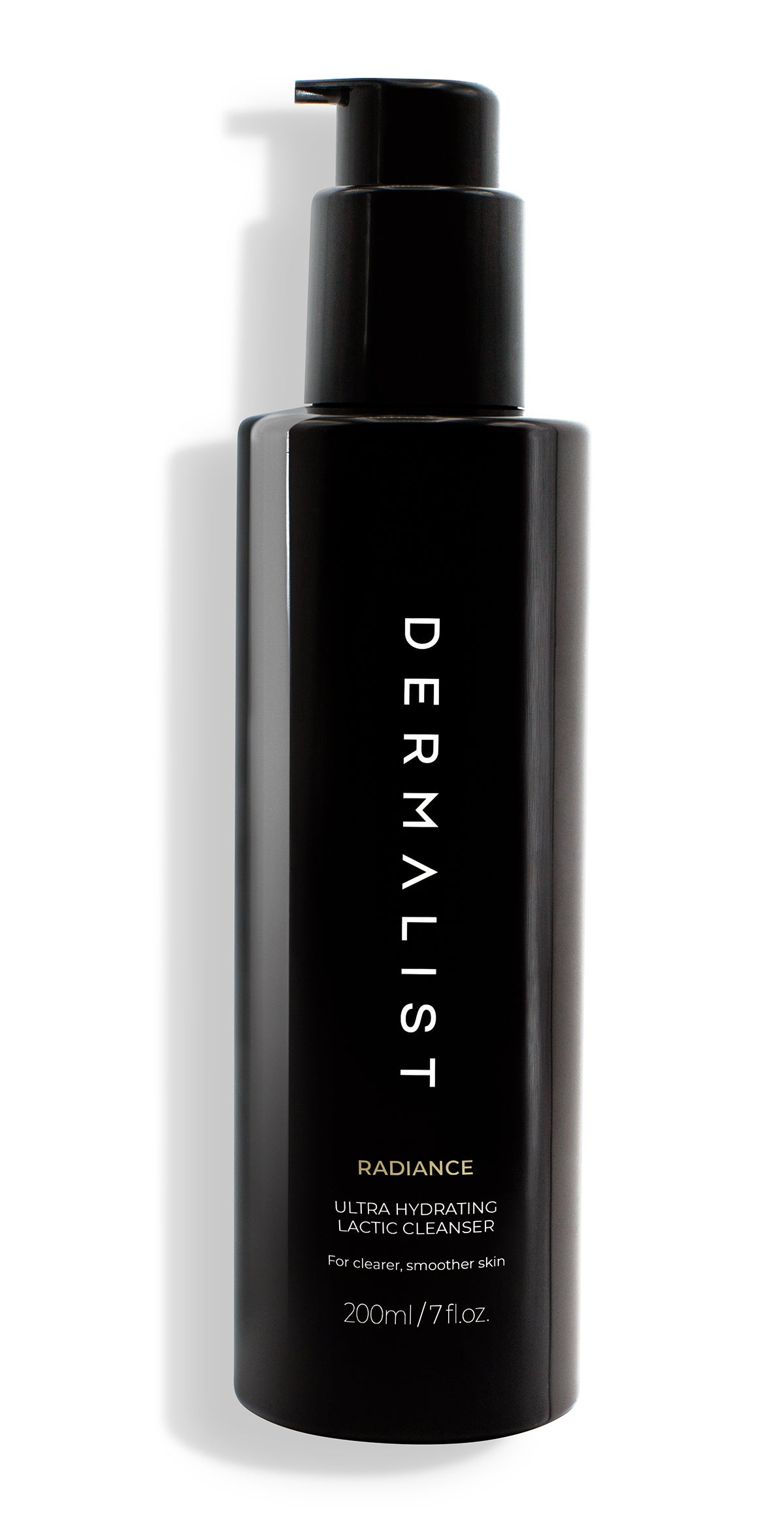Why premium skincare outperforms cheap copycats every time
“Why pay for expensive products when the ingredients look the same on the label?”
The assumption is simple: if the ingredient list looks similar, the products must be similar.
But that’s like saying a frozen supermarket pizza is the same as a wood fired Neapolitan pizza just because they both list flour, tomato, and cheese.
What you’re paying for in premium skincare isn’t just the ingredients. You’re paying for how they’re chosen, formulated, combined, stabilised, and delivered and that changes everything.
1. Ingredient List ≠ Product Performance
Two serums can both say “Vitamin C” on the label.
One might use a stabilised, bioavailable form at the correct pH, in a delivery system that protects it until it reaches the skin cells where it actually works.
The other might use cheap ascorbic acid at a random concentration that oxidises in weeks and does nothing after the first few uses.
The ingredient list tells you what is in the product. It doesn’t tell you:
-
Whether it’s the right form
-
At the right dose
-
In a formula designed to work on real skin
And those three things matter far more than just the name on the label.
2. Clinical Doses and High-Grade Ingredients
Dermalist uses the same concentrations shown in clinical studies to actually deliver results.
That means:
-
Vitamin C in stabilised forms at active percentages
-
Niacinamide at 5%, the concentration proven for barrier repair and pigmentation
-
Peptides at levels where collagen stimulation has been measured, not guessed
Cheap copycats often use “label dressing”: sprinkling in a tiny amount of a trendy ingredient so they can list it on the bottle. It looks impressive. It doesn’t work.
3. Multifunctional Formulas vs. One-Note Products
A Dermalist serum might replace three or four single-focus products because it layers:
-
Antioxidants
-
Brightening actives
-
Peptides for collagen support
-
Barrier-repair lipids
-
Anti-inflammatory botanicals
This isn’t about throwing everything into one bottle. It’s about designing formulas where ingredients work together, not against each other, at doses skin can tolerate long-term.
Cheap products rarely have this balance. They’re either too weak to work, or too aggressive and end up causing irritation.
4. Delivery Systems and Formulation Science
This is the part most people never see.
High-performance skincare uses:
-
Encapsulation to protect unstable actives
-
Controlled-release systems to minimise irritation
-
pH optimisation so ingredients stay active but skin barrier stays intact
These things cost money because they require chemistry, testing, and expertise.
Without them, even the right ingredient at the right dose might not survive the bottle, let alone reach your skin cells in a usable form.
5. Testing and Validation
Before a Dermalist product reaches a shelf, it’s been through:
-
Stability testing → to ensure actives stay effective for the entire shelf life
-
Safety testing → so you can use it without damaging your barrier
-
Clinical efficacy testing → to prove it actually does what it claims
Cheap formulas almost never go through this process. That’s why they can sell for a fraction of the price, they’ve skipped the work that makes the product reliable.
6. Why Premium Skincare Costs More
You’re paying for:
-
High-purity ingredients at clinically validated levels
-
Advanced delivery systems that make them effective but tolerable
-
Years of R&D and safety testing so your skin gets results without guesswork
-
Multifunctional design so one bottle can do the job of several
The Bottom Line
Cheap knockoffs often look similar on the surface but skip the science that makes skincare effective: stabilisation, delivery systems, clinical doses, and testing.
When you buy a premium product like Dermalist, you’re paying for:
-
Ingredients at the right levels
-
A formula built for results, not marketing
-
Technology that makes it safe, stable, and effective
It’s the difference between something that looks like skincare and something that acts like skincare.
Ready to take the next step in your skincare?

